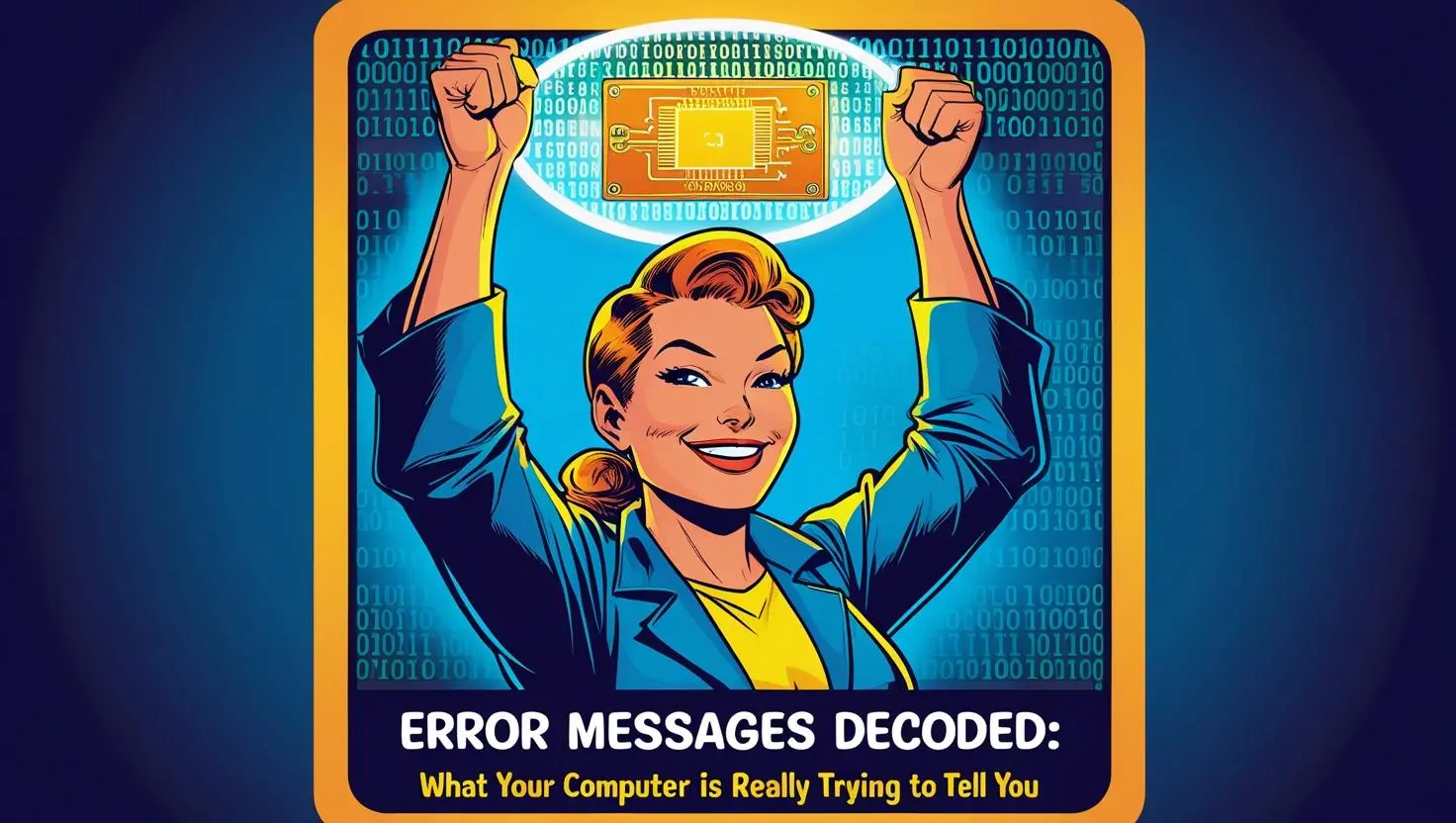You Are Your Organisation’s First Line of Defence
Here’s something that might surprise you: the most sophisticated security software in the world can’t protect against one thing – human mistakes. That’s where the concept of the human firewall IT security users approach comes into play. Every single person in an organisation, from the CEO to the newest intern, serves as a critical security checkpoint. When you understand that cybercriminals often target people rather than systems, it becomes clear why your role as a human firewall is so vital. You’re not just a user of technology – you’re an active guardian of your organisation’s digital assets, and that’s both empowering and important to remember every day.
Simple Habits That Create Powerful Protection
Building your human firewall IT security users mindset starts with developing smart daily habits that become second nature. Always verify email senders before clicking links or downloading attachments, especially if something feels urgent or too good to be true. Create strong, unique passwords for every account and use a password manager to keep track of them all. Keep your software updated – those seemingly annoying update notifications are actually security patches protecting you from newly discovered threats. Lock your computer screen every time you step away, no matter how briefly. These small actions might seem insignificant, but they create layers of protection that make cybercriminals’ jobs much harder.
Recognising and Responding to Threats
The most effective human firewall IT security users are those who can spot suspicious activity before it becomes a problem. Phishing emails often contain subtle red flags like misspellings, urgent language, or requests for sensitive information. If someone calls claiming to be from IT and asks for your password, that’s a major warning sign – legitimate IT staff never need your password. When in doubt, always verify through a separate communication channel. Trust your instincts; if something feels off, it probably is. Report suspicious activities immediately to your IT team – it’s better to ask about a false alarm than to ignore a real threat.
Creating a Security-Conscious Culture
The strongest security comes when everyone works together as a unified human firewall. Share security tips with colleagues, celebrate when someone catches a phishing attempt, and never shame anyone for making mistakes – we all learn from them. Regular security awareness training isn’t just a compliance requirement; it’s an investment in everyone’s ability to protect the organisation. Remember, cybersecurity isn’t just the IT department’s responsibility – it’s a team sport where every player matters. When each person embraces their role as a protective barrier, the entire organisation becomes significantly more secure and resilient against cyber threats.



